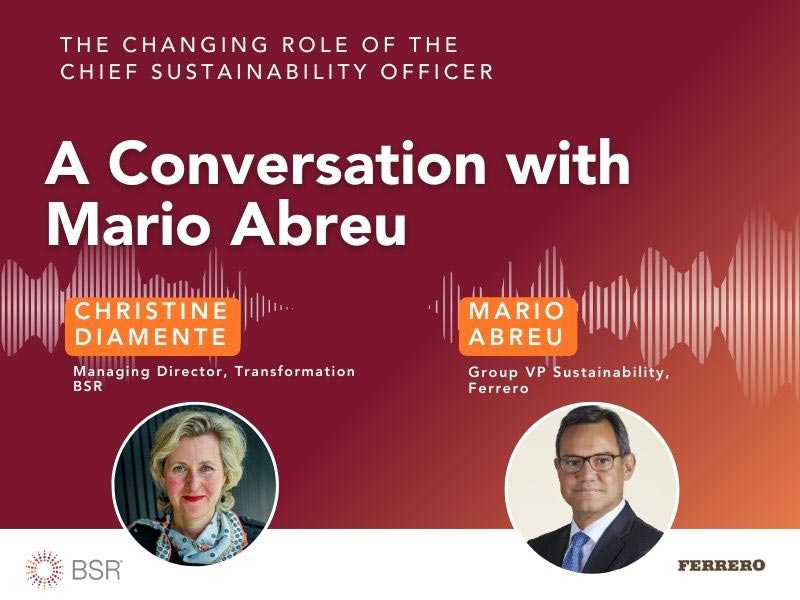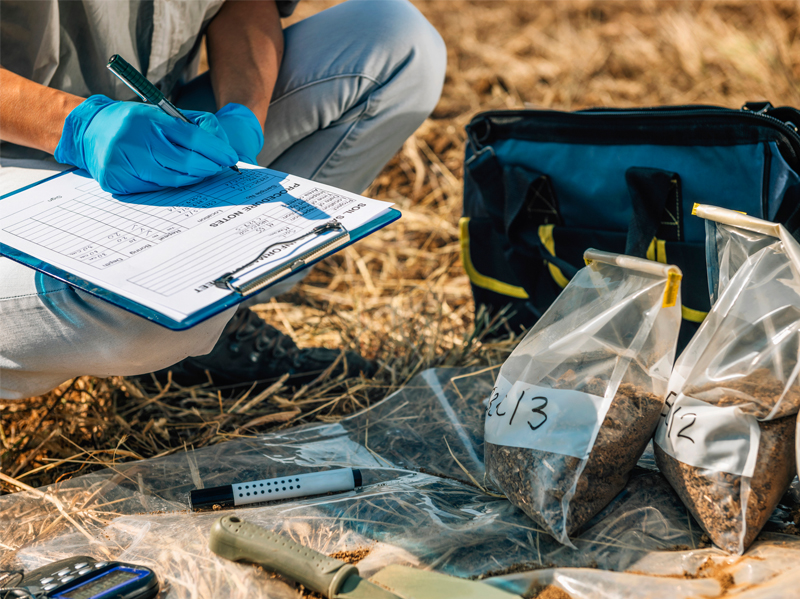
How to build and sustain an organization whose employees are happy, motivated, and ethical remains one of the most complex, elusive questions confronting business leaders. Organizational culture is determined by the interaction of systems, norms, and values, all of which influence behavior.
Much discussion of organizational culture still focuses on structural changes to corporate governance and compliance systems, along with drives to identify “bad apples.” Alternatively, we find glossy brochures, chief happiness officers, bonding exercises, and free beer. Still, public trust in business keeps falling and corporate scandals persist.
In a new BSR working paper, “The Five Levels of an Ethical Culture,” we argue that companies seeking to understand and build an ethical culture should consider systems thinking and group dynamics theory. In the paper, we define what a successful approach looks like, drawing on our experience helping companies create cultures of sustainability, reviewing a broad range of academic theories, and interviewing 23 ethics experts.
Our findings suggest that companies often overlook relationships among and within groups in the organization. Organizations are open systems: Their properties are greater than the sum of their parts, and these properties nest within other systems, forming a network of relationships. Efforts to change culture must therefore focus on every level in the system. These efforts should target individual engagement and motivation, interpersonal interactions, group dynamics, relationships among groups, and interactions with external organizations, including suppliers, customers, competitors, and civil society. Without a comprehensive, multilevel approach, employees will notice any mismatches in the signals an organization gives, and this will undermine efforts to build an ethical culture.
The paper explores five levels at which companies should build an ethical culture.
- Individual: How individual employees are measured and rewarded is a key factor that sustains or undermines ethical culture. In the face of pressure to meet growth targets by any means necessary—a belief that the ends justify the means—unethical behavior is to be expected. Therefore, the rewards system is an excellent place to start. And diversity and inclusion initiatives enable individual employees to bring their whole selves to work: Employees who feel it unnecessary to hide aspects of their social identity to fit into the dominant culture will experience less conflict between personal and organizational values and will express themselves more confidently—making them more inclined to raise concerns about ethics.
- Interpersonal: Organizations can also focus on how employees interact across the hierarchy. Abuse of power and authority is a key factor that degrades organizational culture. When decisions around promotions and rewards seem unfair and political, employees disregard organizational statements about values and begin pursuing their own agendas. Building an ethical culture from an interpersonal perspective requires meaningful protections that empower all employees and stakeholders, even the least powerful, to raise concerns and express grievances. Meanwhile, leaders must recognize the outsized role they play in setting culture and driving adherence to ethics, and they must learn to exercise influence carefully.
- Group: Socialization into group memberships and relationships is a core aspect of human culture. At work, the key determinant tends to be an employee’s group or team. As organizations become more geographically diffuse and loosely aligned, it becomes harder to set and define consistent organizational culture. Focusing on team conditions can empower middle managers to feel responsible for changing culture and group dynamics to foster more effective ways of working. While clarity in roles and tasks is key to a successful team, so is psychological safety. If employees feel secure in taking risks and expressing themselves, teams will be more creative, successful, and ethical.
- Intergroup: The quality of relationships among groups is critical to consider in any attempt to build an ethical culture. Celebrating a team whose high performance may stem from questionable conduct gives it power and a mystique that is difficult to challenge, and this can undermine values across the organization. Teams working in sustainability or compliance often need to scrape for power and resources; when members are attached to matrixed working groups, accountability can get watered down.
- Inter-organizational: Most discussions of organizational culture focus on internal relationships. Still, employees are keenly conscious of how a company treats suppliers, customers, competitors, and civil society stakeholders, so building and maintaining stakeholder trust will improve organizational culture. Moreover, companies need to ensure that their values and mission statements amount to more than words on a website. Business success and core values are not contradictory concepts. That said, building an ethical culture sometimes means walking away from lucrative opportunities. Companies can be sure their employees will notice.
However enormous the long-term rewards, there is no single, simple formula for building an ethical culture. We at BSR hope to gather ideas and continue this discussion. We’ll be grateful if you download this working paper and send us comments, criticisms, and real-world examples of approaches that you have found successful—or not.
Join BSR’s Alison Taylor at the OECD Integrity Forum, in Paris March 30-31, where she will speak on the plenary panel “Equality, Inclusion, Trust: The Real Value of Integrity.” Download BSR’s new working paper, “Five Levels of an Ethical Culture.”
Topics
Let’s talk about how BSR can help you to transform your business and achieve your sustainability goals.








